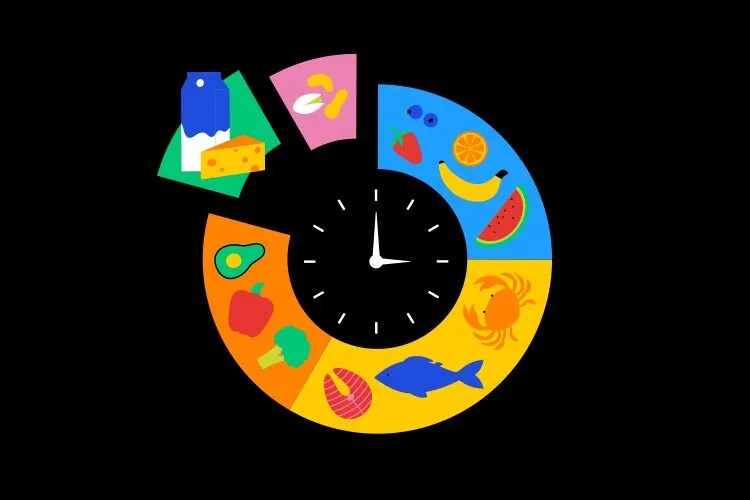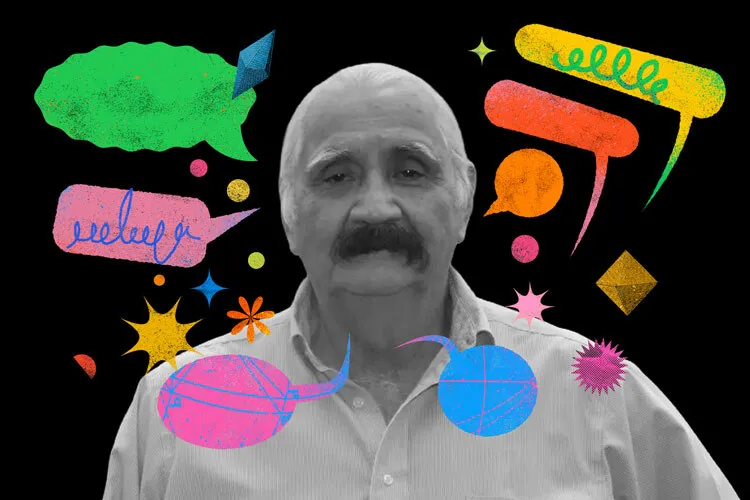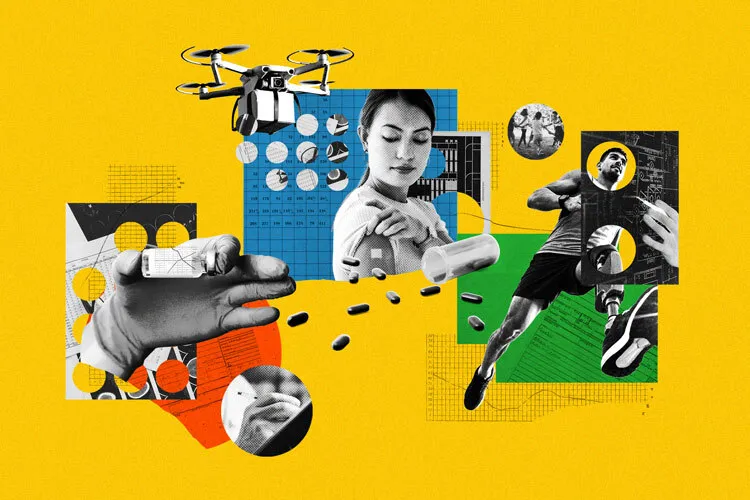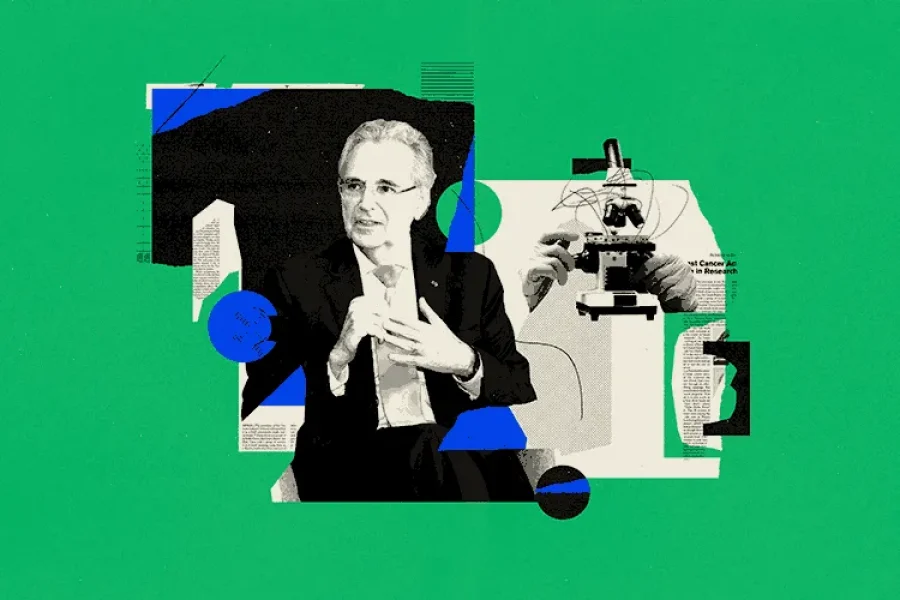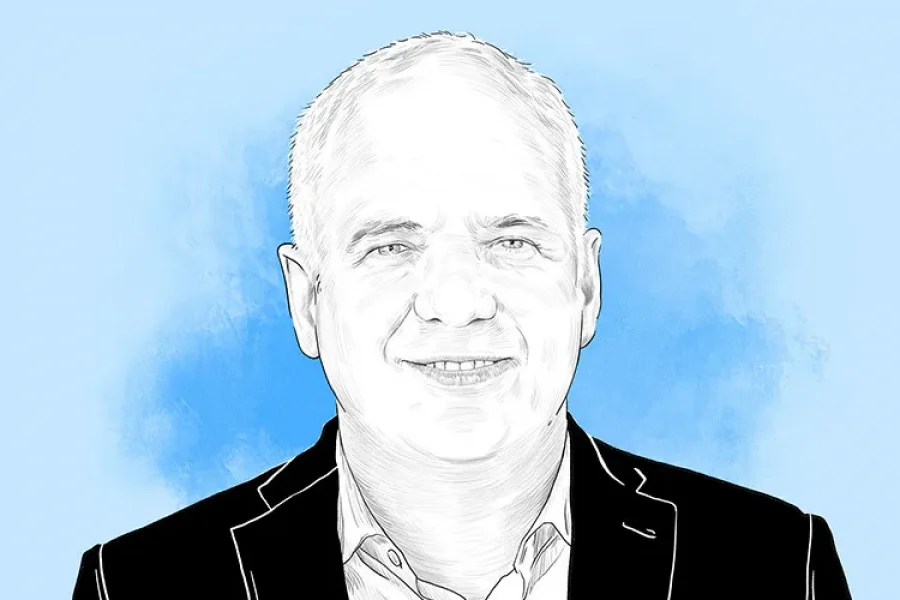Shifting mealtimes may be more important in our metabolic health than we think. Eating when we’re supposed to be asleep doesn’t just disrupt digestion—it may also fuel weight gain and increase the risk of developing metabolic syndrome.
The body’s internal timekeeping system, circadian rhythm, is essential for optimal functioning. Disrupting that rhythm can throw the body out of sync, contributing to the global rise in obesity and related metabolic disorders.
Circadian rhythms are deeply tied to Earth’s natural cycles. Day and night pose very different demands on the human body. By day, we are alert, active, eating, and digesting; at night, we sleep, our tissues repair, our body temperature drops, and our metabolism slow down to conserve energy. Even though these cycles may seem subtle, our bodies are constantly working to adjust to them.
Our brain houses a biological clock that receives light and dark cues directly from the eyes. These signals, along with specific hormones, are transmitted through the sympathetic and parasympathetic nervous systems to virtually every organ—even the skin. As a result, each organ follows its high and low activity rhythm across a 24-hour cycle.
What Happens When We Eat at Night?
According to Dr. Carolina Escobar Briones, a professor at the School of Medicine at the Universidad Nacional Autónoma de México (UNAM), our organs operate in cycles because every cell in the body contains so-called “clock genes”—genes that follow a daily rhythm and interact with those responsible for glucose metabolism.
Circadian rhythms synchronize these biological clocks and provide a temporal framework that helps our physiology run smoothly. When those rhythms are disrupted, weight gain and the development of metabolic syndrome can result, Dr. Escobar explained.
“There are so many factors today that prevent people from sleeping well at night. When an activity that’s supposed to occur during the day shifts into the nighttime hours, it sends confusing signals to the body’s internal clock,” she said. “Young people who enjoy staying up late, as well as night-shift workers, are especially vulnerable to this.”
Dr. Escobar and her research team have been studying these effects in her lab. One key finding: people who stay up late or work overnight tend to eat at irregular hours, which throws off their biological rhythms and may send mixed messages to their internal organs.
The team has also observed significant glucose, cholesterol, and triglyceride levels shifts when individuals change their sleep and eating patterns. Consistently eating during the body’s natural sleep phase can lead to weight gain, and when all metabolic markers exceed healthy ranges, it sets the stage for metabolic syndrome.
Dr. Escobar emphasizes that the biological clock coordinates when each organ should function and which tasks it should perform at a given time. In essence, it maintains metabolic harmony—or homeostasis.
But when that internal clock receives the wrong signals—whether from social activities or late-night snacking—the body falls out of sync. Critical physiological functions meant for daytime are forced to occur at night when the body isn’t prepared.
“We believe that circadian rhythm disruption is a major factor contributing to the obesity epidemic, alongside genetic predisposition and other variables. Lifestyle changes, especially among younger generations, are making a big impact. Many of them just aren’t sleeping well anymore,” she concluded. (Reported by María Luisa Santillán, DGDC-UNAM)
This article was adapted for publication as part of a science communication partnership between UNAM and Tec de Monterrey.
